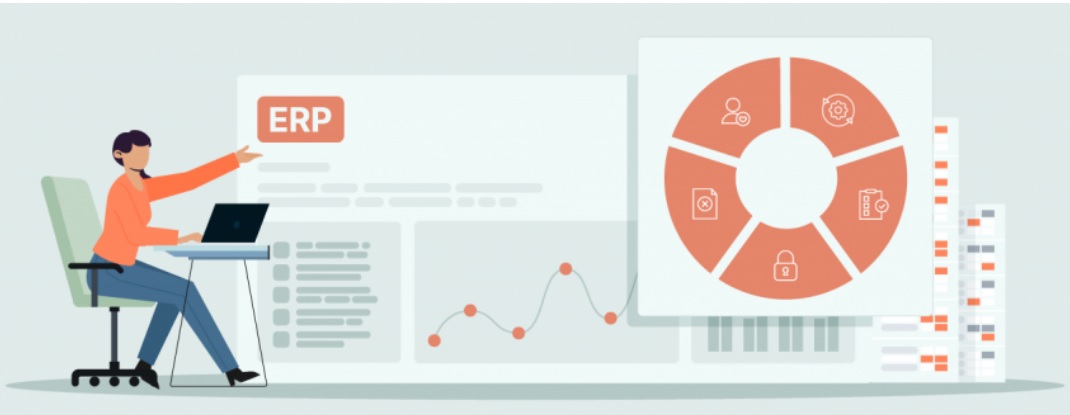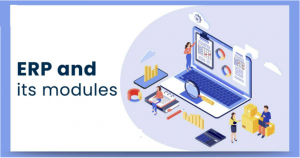Integrating ERP Systems : During the recent global pandemic, online shopping saw remarkable growth in 2020. This has resulted in new product options and higher-order volumes for online merchants. Shoppers’ shopping habits have also shifted, with customers initially gravitating toward needs rather than impulse purchases.
Why Should You Connect Your Integrating ERP Systems
Integrating enterprise resource planning and accounting systems (often called “ERP”) is one of the most excellent methods to develop and manage successful online businesses and keep up with the ever-increasing need for digital ordering features.
ERP implementation, in its most basic form, can assist firms in receiving new orders, fulfilling them, and providing consumers with real-time access to account information to improve customer service and satisfaction. It’s in having an e-commerce ERP integration plan that guarantees the ERP is connected to all of the company’s systems.
The following are some of the most prevalent advantages of e-commerce ERP integration:
- Data silos are eliminated, and reliable data is provided to all departments.
- As long procedures are removed by integration and automation, costs are reduced.
- Between the ERP Software and the e-commerce site, real-time, customer-specific data is available.
- Client satisfaction and engagement have improved with the precise and readily available information.
⇨ Data Integration = Data Quality
When it comes to making business decisions, e-commerce enterprises rely primarily on data. This is where ERP data integration shines since it collects, stores, and verifies reliable data. Customers may change their names, addresses, and other contact information without looking up the information manually. As a result, the quality is enhanced.
⇨ Integration and Automation Reduces Costs
ERPs can automate time-consuming operations, resulting in increased efficiency and the ability to make better-informed business decisions. The better information is collected and presented to transform the business; the more integrated business data is with ERP software. Reduced costs and higher ROI will result from increased efficiency and better decision-making.
⇨ Understand Customers Better
Marketing intelligence is improved by data integration. Integrating data means the ERP system can report what consumers are buying, who referred them, where they came from, additional product purchases, at-risk customers, and purchasing trends. All of this information helps marketers make better decisions.
⇨ Improve Customer Relationships
An integrated solution can help your customers have a better experience. Giving customers timely information about orders is perhaps the most significant benefit of combining Enterprise Resource Planning systems with e-commerce. Customers can purchase with confidence, knowing that they can see order status, tracking information, and even precise inventory quantities on the online business they’re ordering from in real-time.
Build ERP Connectivity Now
Integrating ERP and e-commerce is crucial for satisfying rising online shopping demand while lowering expenses. With more critical data, lower costs, and improved customer engagement, ERP integration can only help your business grow. On the other hand, selecting an integration partner is the first step toward a successful project and long-term success.
Connected IT Consulting is your go-to partner if you are looking to integrate your ERP system. To connect with our Irish ERP consultants, click here!
Related Links
ERP Project Management
Business Process mapping
Small Business ERP
ERP Consulting



